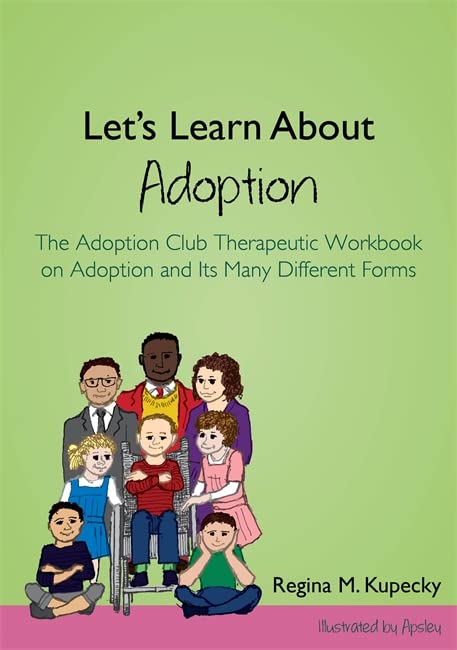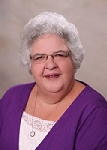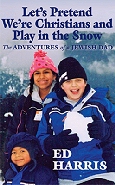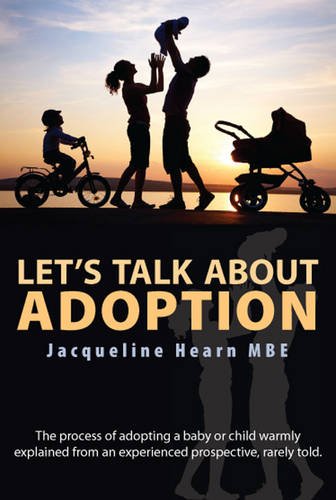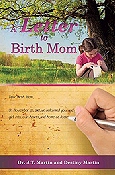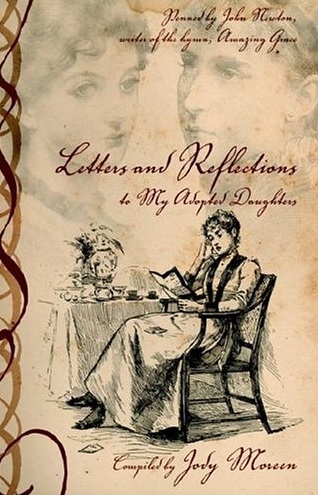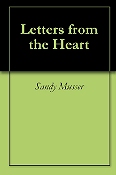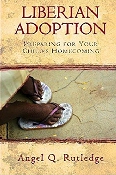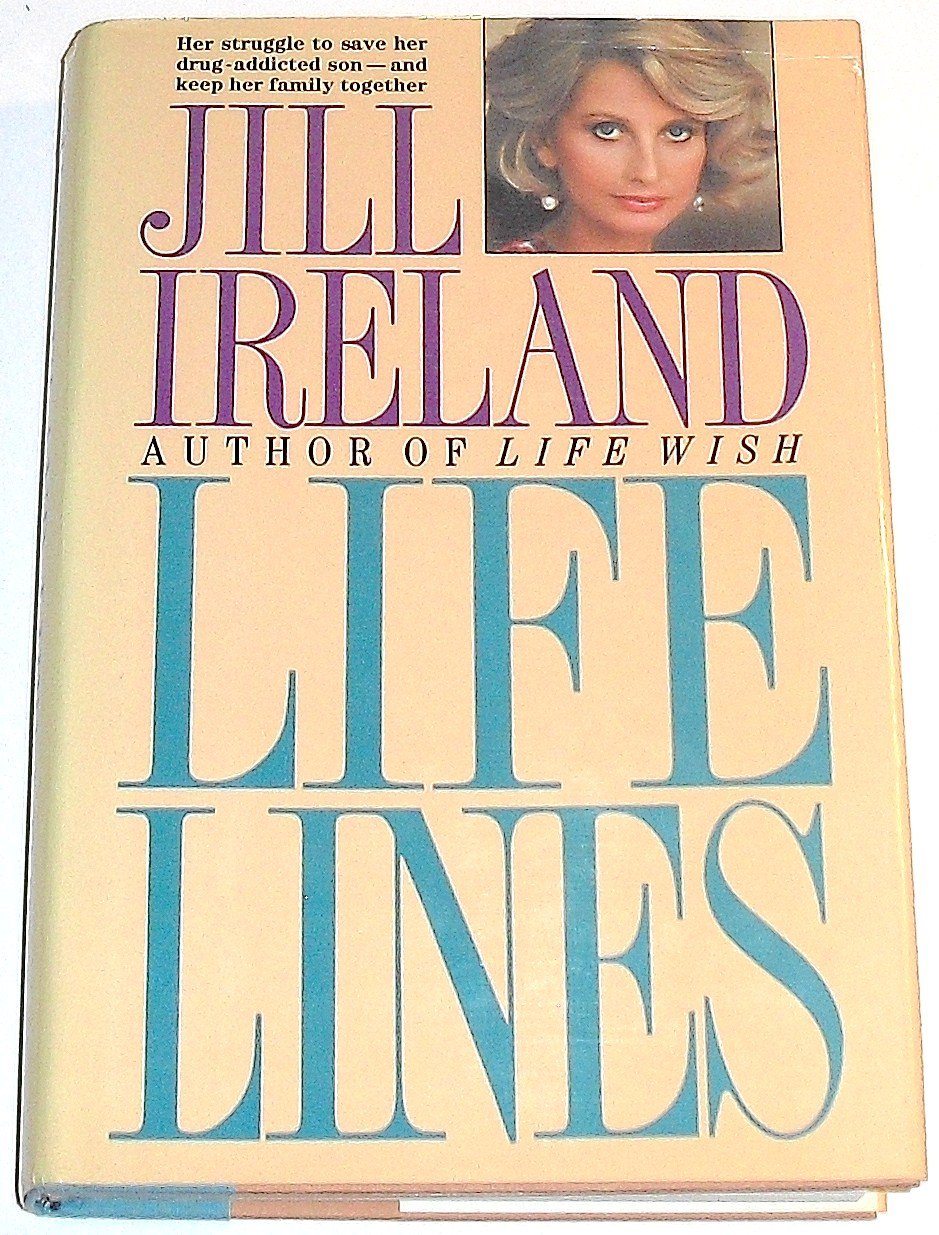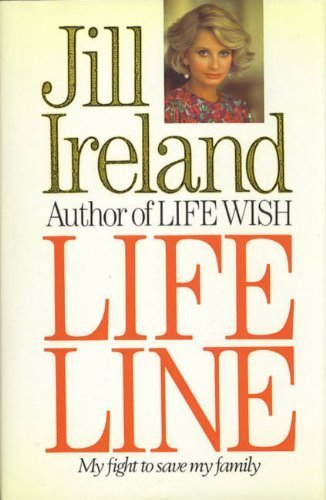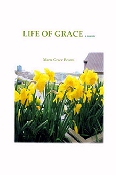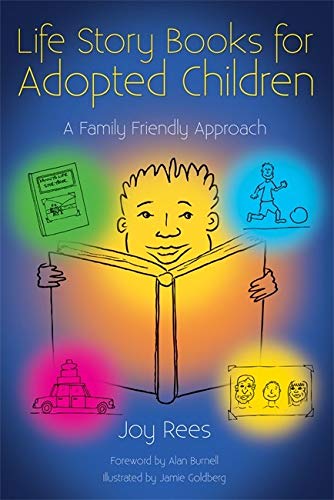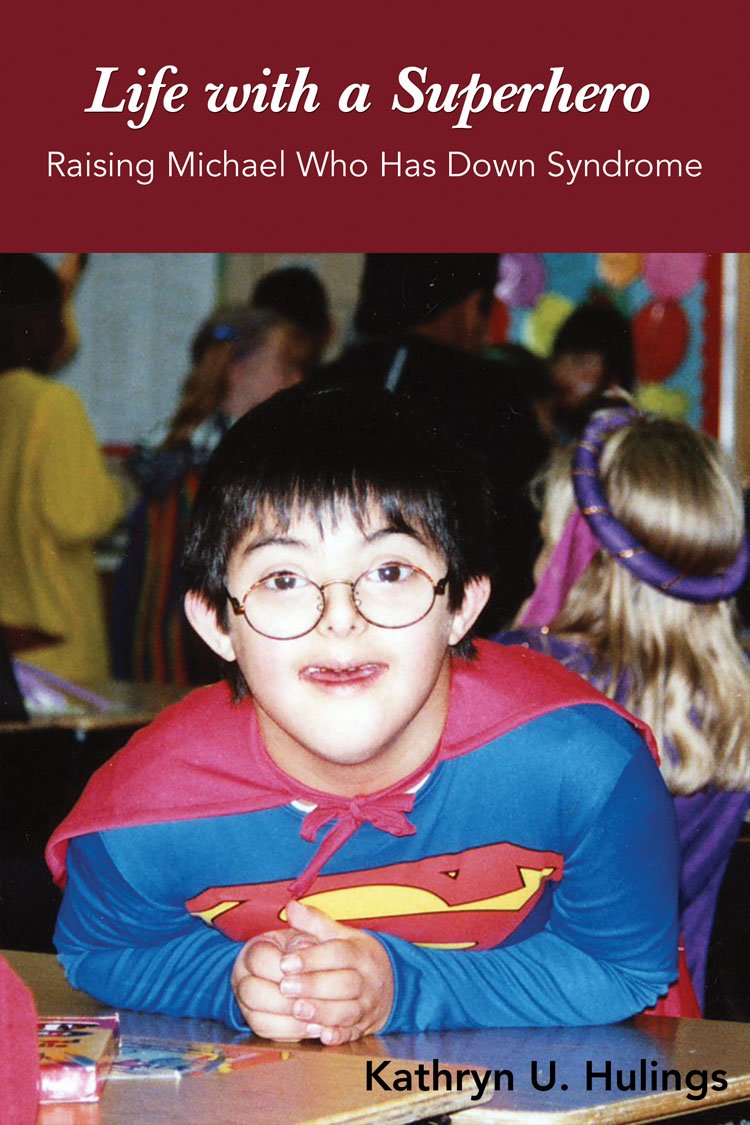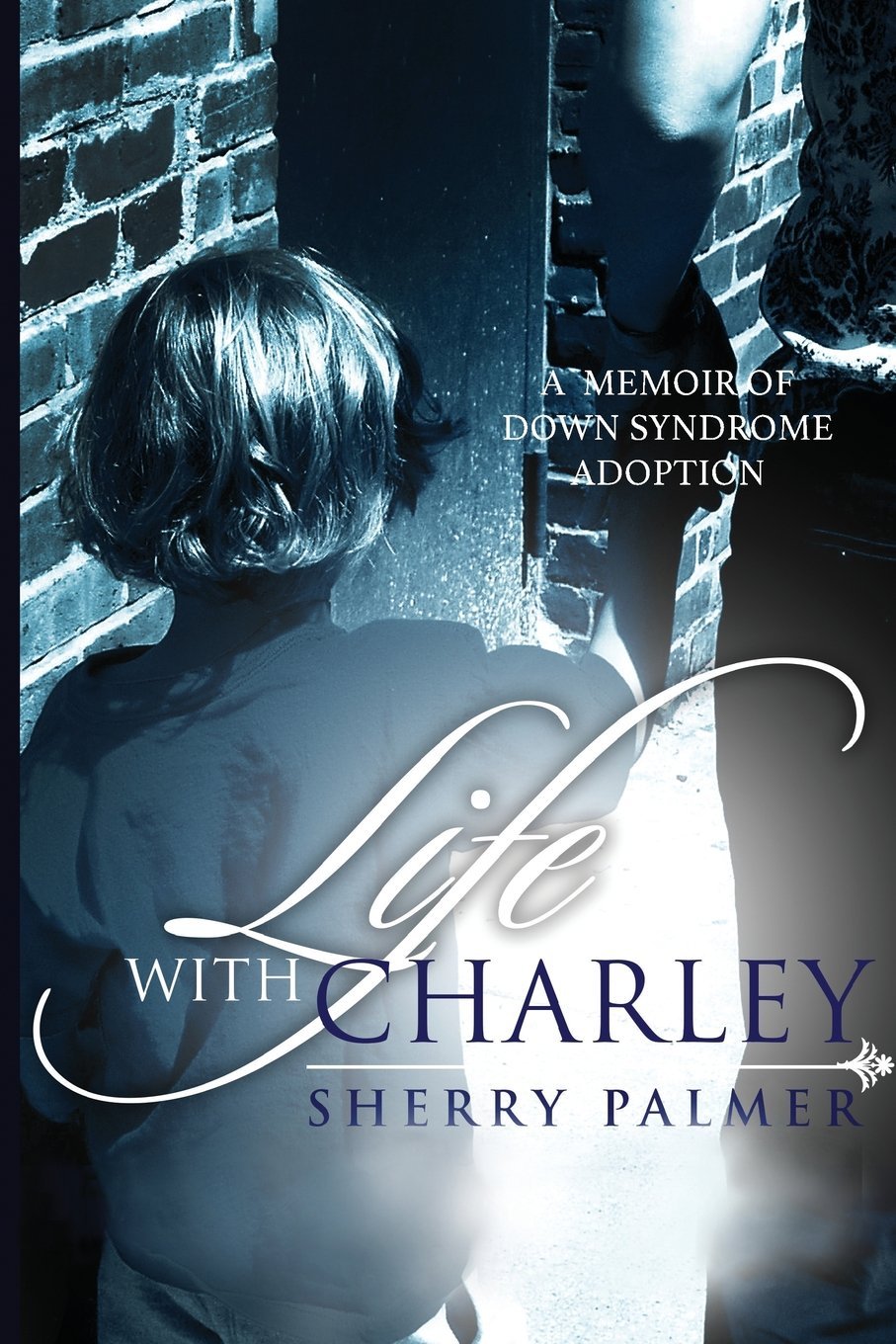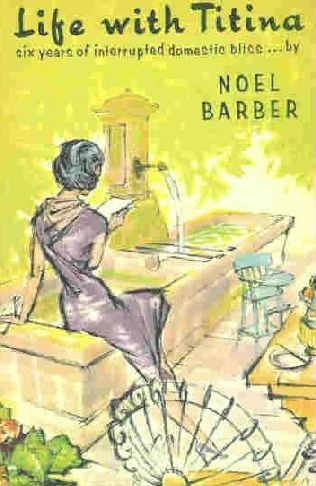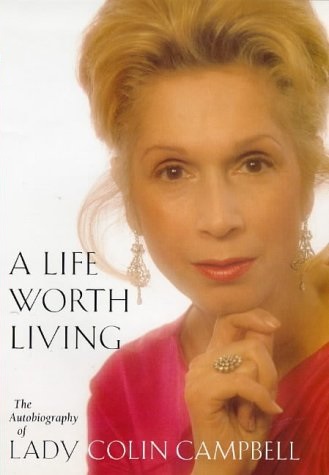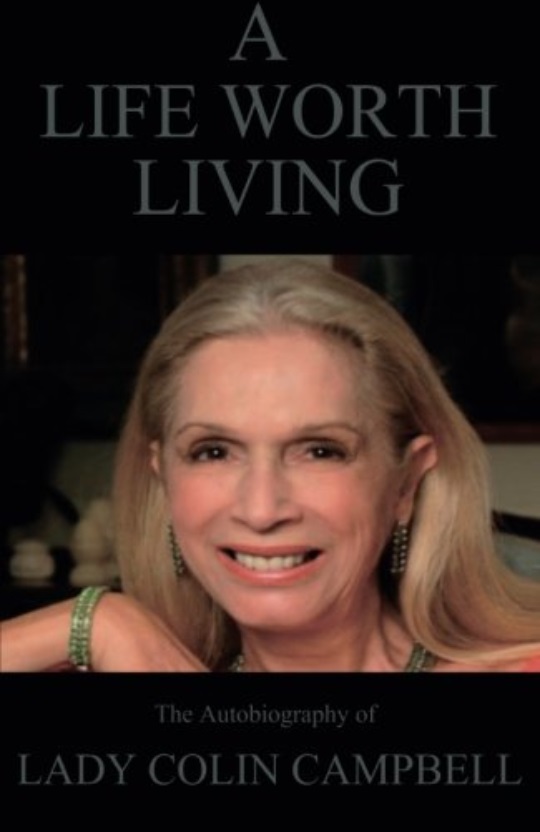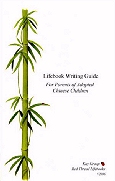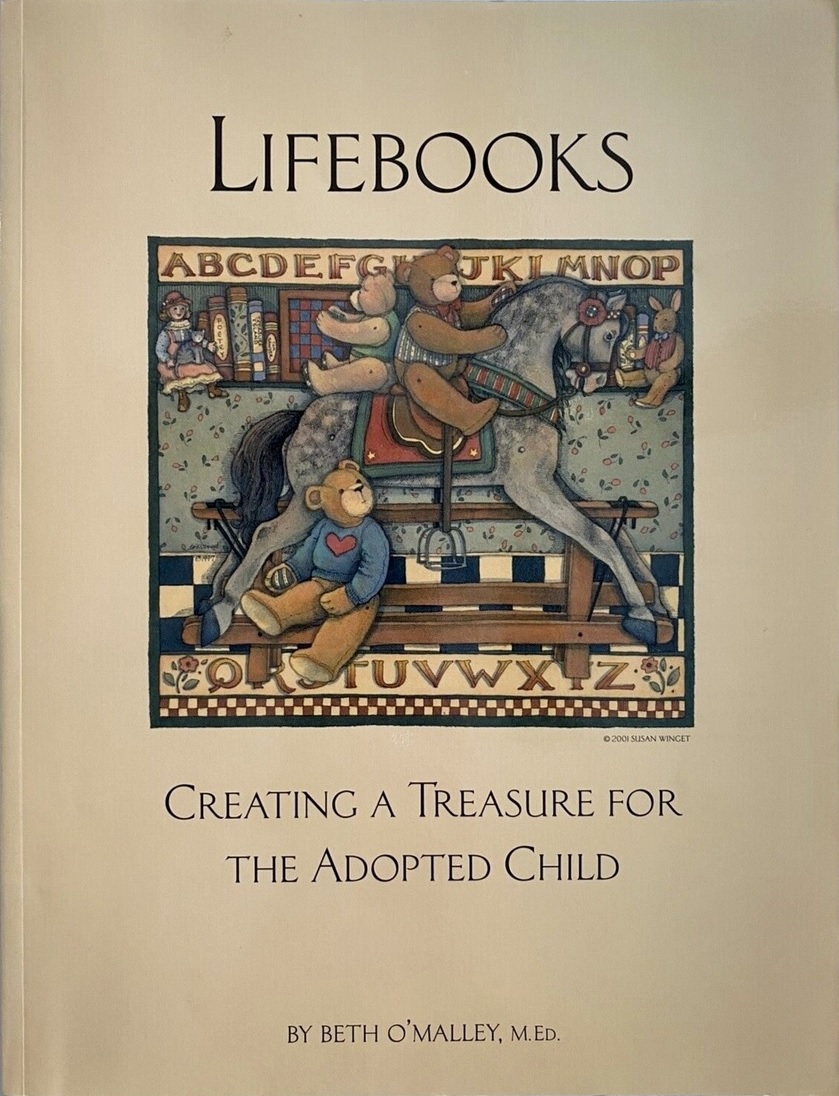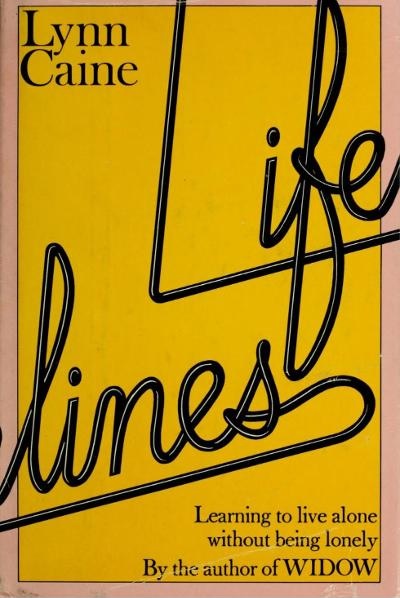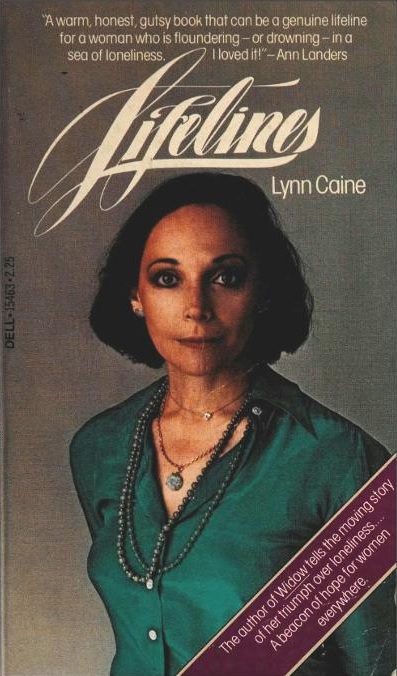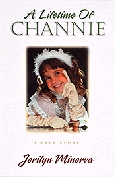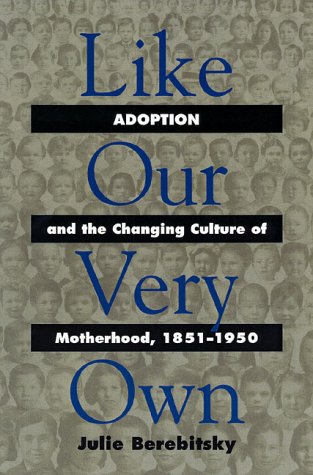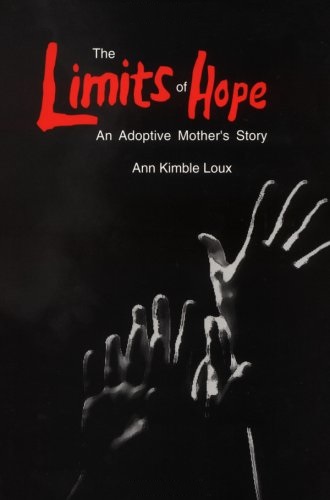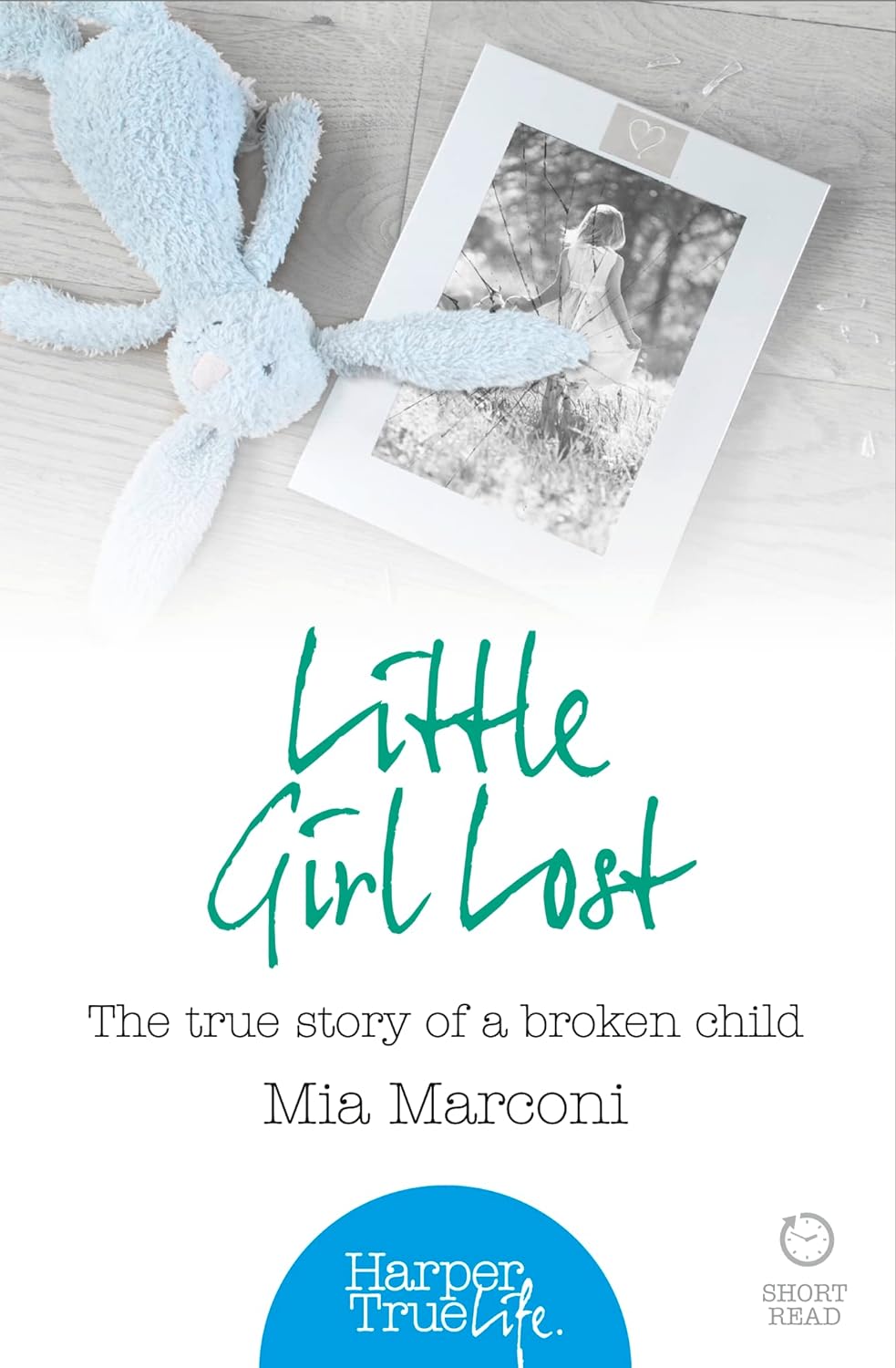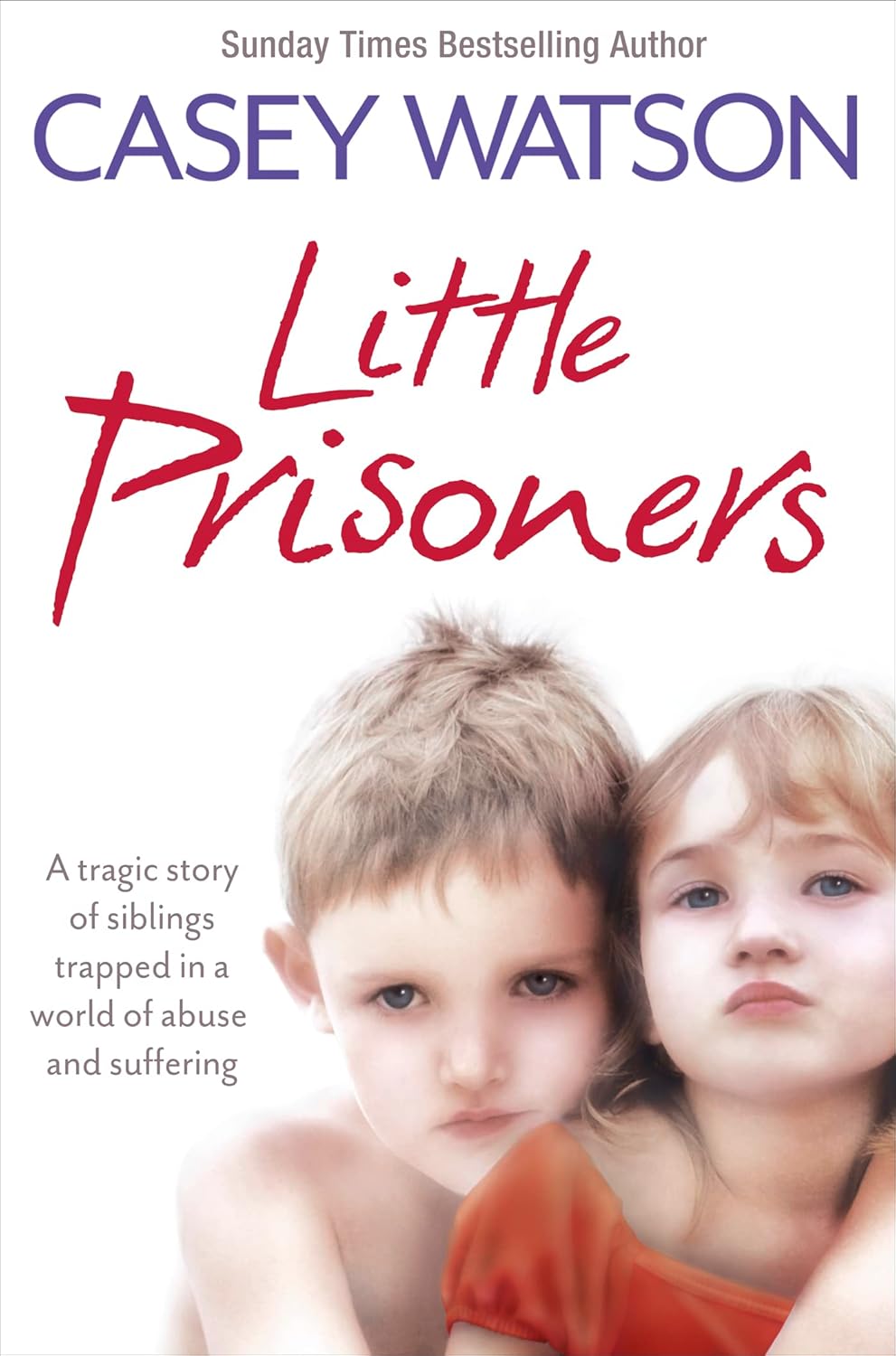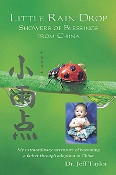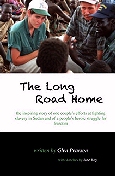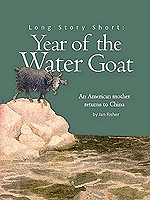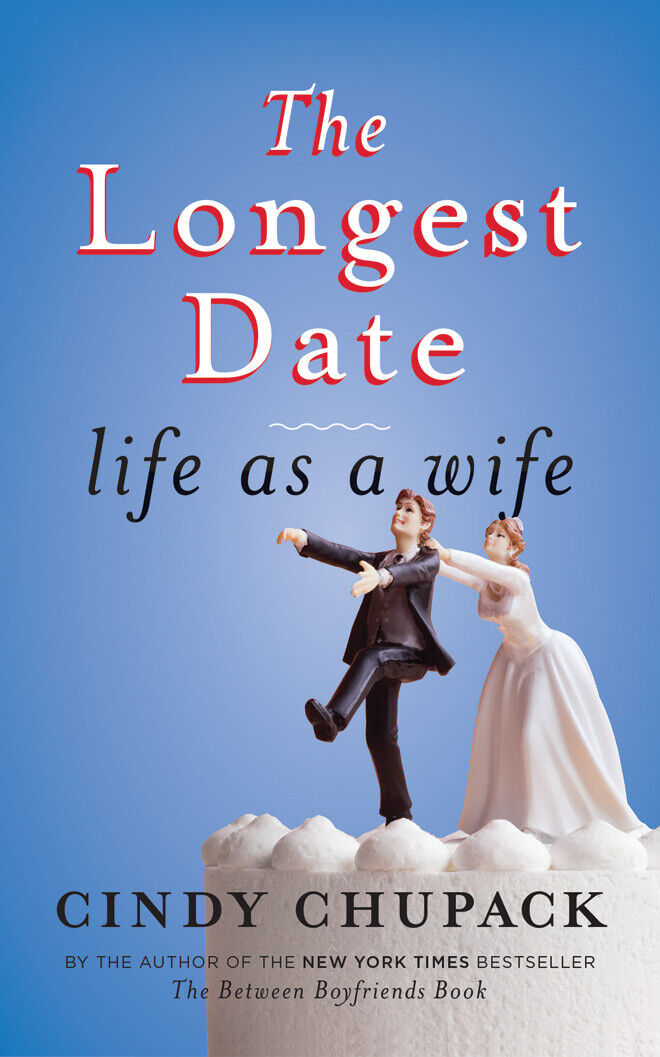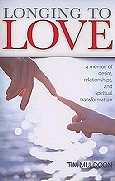From the Dust Jacket:
“I’m sorry, Mrs. Bronson. I know this is going to be hard on you. But your son is suffering from hepatitis B. We found morphine in his blood. The kid is on the needle. He’s an addict.”
In 1984, Jill Ireland should have been on top of the world. Her first book, Life Wish, was more than a national bestseller: It had become the battle cry of millions of women who, like Jill, had faced the pain and uncertainty of breast cancer. Her twenty-year marriage to actor Charles Bronson was thriving, despite the high odds of Hollywood divorce. But most of all, Jill herself was flourishing. Holding her own against the odds, she was ready to resume her professional life as an actress, film producer, and author.
Yet fate had scripted a more challenging part for Jill Ireland. Only months after her remarkable recovery from the devastating effects of cancer, she learned that one of her children was confronting a frightening condition of his own: heroin addiction.
A personal account of extraordinary power, written by a woman of extraordinary courage, LIFE LINES is a book that strikes to the depths of every mother’s heart. In its pages, the author relates how a tragic miscarriage led to a profound blessing: the adoption of her son, Jason. For a time, it seemed as though the bond of love between mother and son would be lifeline enough to keep him from harm— until Jason began to experiment with marijuana, alcohol, and cocaine ... until his initial curiosity grew to a dangerous obsession.
Even as Jill rushed to her son’s aid, confronting his disease with the same courage with which she had battled her own, she was dealt another blow. Her once-gregarious father had been paralyzed by a stroke. The resulting illness—aphasia—had already stolen his ability speak. And now it was threatening steal his life.
As an accomplished actress for more than two decades, Jill Ireland had chosen to believe that there was no challenge she could not meet head-on. And although her behind-the-scenes roles as wife, parent, and daughter had proven to be the most demanding of all, they are roles she has played with unflagging strength and unblinking honesty.
In this candid book, Jill Ireland McCallum Bronson reveals one of the toughest lessons of parenthood: No matter how much you love your child, there are certain problems he must battle alone. And she reveals the single, timeless truth that spans generations: The will to live is made in the heart, mind, and soul of the individual.
A gift to the parent and child within us all, this inspiring volume is a moving testament to the resiliency of the human spirit and to the deep and abiding faith that are our most precious lifelines.
About the Author:
Born in England, Jill Ireland burst onto the Hollywood scene in the 1960s, establishing herself as an accomplished actress and singer. In 1984, she authored the New York Times bestseller, Life Wish, the chronicle of her courageous victory over breast cancer. Since its publication she has become National Crusade Chairwoman and a major fund-raiser for the American Cancer Society. She was also recently awarded the Medal of Courage by President Reagan, along with the Betty Ford Award from the Susan G. Komen Foundation and the prestigious Stanley G. Kay Memorial Award for her efforts in this area. The wife of actor Charles Bronson, she regards the several children she has raised as her proudest achievements.
Compiler’s Note:
The title is variously rendered as one or two words. I have chosen to render it as two throughout this description.
Additionally, I note for the record that at no point in Life Wish, her memoir of her battle with breast cancer, does Ireland indicate that she and her first husband, David McCallum, had adopted their son Jason. Readers with an interest can read this book, but I choose not to include it in this bibliography based upon its lack of any acknowledgment of Jason’s adoption.
